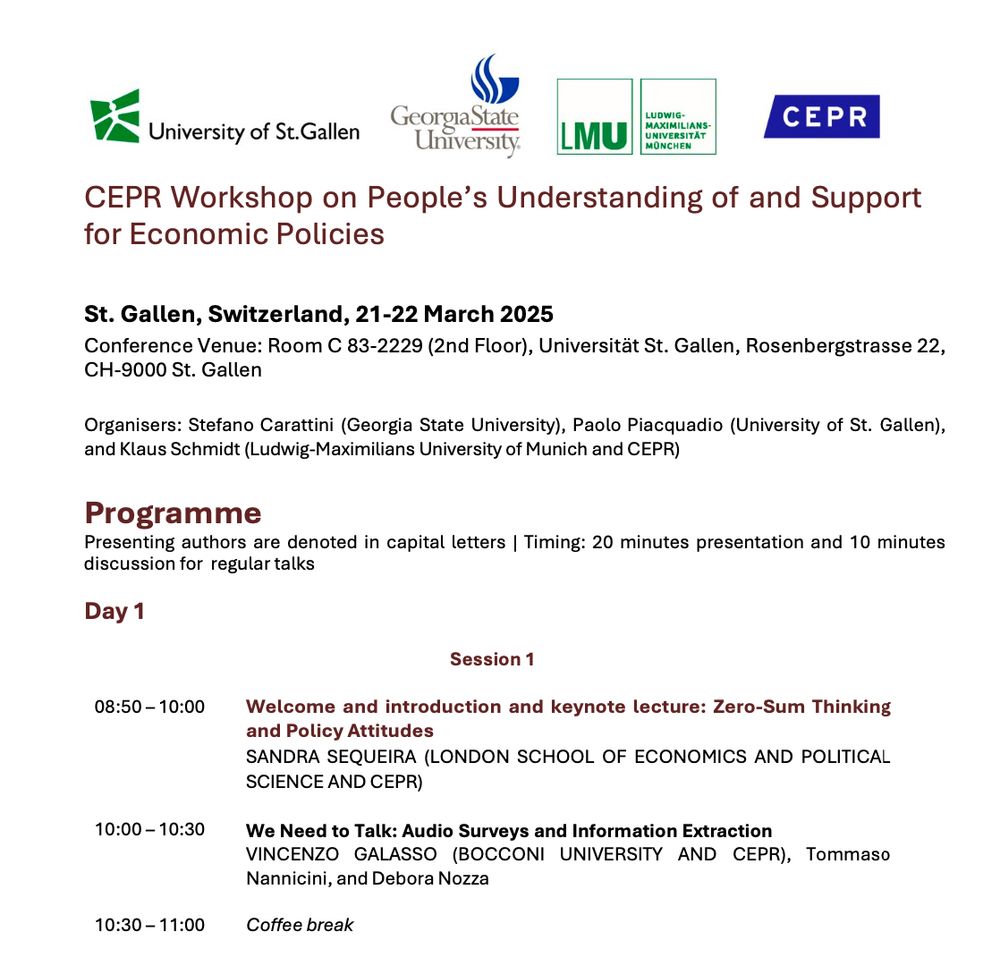Chief Climate Economist - the World Bank - toward Resilient Net Zero Development - personal opinions





Reposted by Alistair Munro

Reposted by Tatiana Filatova

This report is unique in that it is
based on dozens of individual-country reports, each prepared (and reviewed) individually.

- including UK, Germany and Chile etc
Story by @joshgabbatiss.bsky.social
www.carbonbrief.org/iea-renewabl...

Reposted by Sonia I. Seneviratne, Stéphane Hallegatte

- including UK, Germany and Chile etc
Story by @joshgabbatiss.bsky.social
www.carbonbrief.org/iea-renewabl...
Reposted by Stéphane Hallegatte
Reposted by Stéphane Hallegatte

Encore plus personnellement je vais amèrement regretter cette ligne dans mes transits réguliers entre l’Ukraine et la France (en train c’est top)
Ouf: Reste le train de nuit Vienne-Bruxelles
Reposted by Stéphane Hallegatte

Reposted by Stéphane Hallegatte

CCSS Meeting #73: Defining and measuring socioeconomic resilience by dr. @hallegatte.bsky.social
Science Jam #62: Temporal Networks of Human Interactions by Prof. dr. @jsaramak.bsky.social
Please check out our YouTube channel
www.youtube.com/@centreforco...


Reposted by Stéphane Hallegatte


www.worldbank.org/en/publicati...


Reposted by Stéphane Hallegatte

Solar is growing in every EU country and, for the first time in 2024, generates more electricity than coal.
Plenty more powerful and positive insights in
@ember-energy.org's European Electricity Review 2025 out today ➡️➡️➡️ ember-energy.org/latest-insig...
Reposted by Stéphane Hallegatte

📅Jan 27
⏰11am EST, 4pm GMT, 5pm CET
🔗https://bit.ly/3WpEQhQ
#ClimateChangeMitigation


